Expensive cities and popular destinations don’t have to drain your bank account if you know how to work the system like a local rather than falling into tourist traps. The difference between spending a fortune and traveling affordably often comes down to timing, location choices, and knowing which corners you can cut without sacrificing the experiences that matter most.
Smart travelers have figured out that the most memorable parts of any trip—great food, interesting culture, and genuine connections—are often available at a fraction of the price if you know where to look. These strategies work because they focus on getting the same experiences that expensive tourists enjoy, just through different channels that locals use.
Here is a list of 18 proven budget travel tricks that will help you explore even the priciest destinations without breaking the bank.
Book Accommodations Outside Tourist Districts

Staying in residential neighborhoods rather than prime tourist areas can save you hundreds while giving you a more authentic experience of how locals live. A 20-minute subway ride from the city center can mean the difference between budget-friendly and wallet-crushing accommodation costs.
These neighborhoods frequently offer better restaurants, cheaper grocery stores, and a glimpse into daily life that you miss when staying in heavily touristed areas.
Use Public Transportation Like a Local
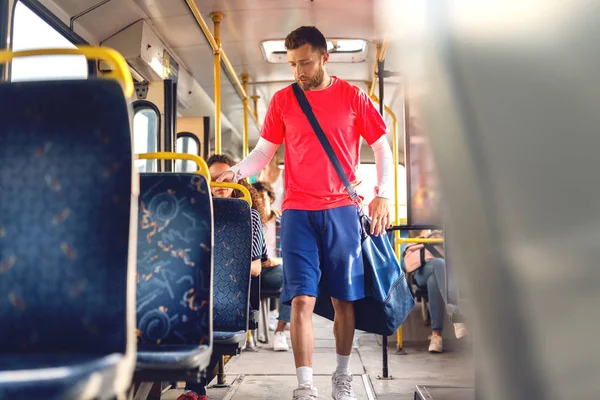
Learning the local public transportation system saves money while helping you navigate like someone who lives there. Most major cities offer day passes or weekly cards that cost less than a few taxi rides, and using buses and trains puts you in contact with locals going about their daily routines.
Download transit apps ahead of time and study route maps—this small investment in learning pays off through significant savings and better city navigation.
Like Travel Pug’s content? Follow us on MSN.
Shop at Local Markets and Grocery Stores

Buying fresh food at local markets costs a fraction of restaurant prices while giving you ingredients for picnic lunches and simple meals. Markets also provide cultural experiences and opportunities to try local specialties without paying restaurant markups.
Even if you’re staying in a hotel, assembling breakfast from market purchases saves money and lets you start each day with fresh, local ingredients.
Take Advantage of Free Walking Tours

Free walking tours exist in most major cities and provide excellent introductions to history, culture, and neighborhoods while operating on a tips-only basis. These tours often reveal free attractions, affordable restaurants, and local insights that you might never discover on your own.
The guides work for tips, so you pay what you think the experience was worth rather than a fixed fee that might exceed your budget.
Use City Tourism Cards Strategically

Many cities offer tourism cards that include public transportation and museum entries, but they only save money if you actually use enough included services. Calculate the individual costs of attractions you plan to visit before purchasing these cards—sometimes they’re great deals, other times you’re better off paying individually.
The key is honest assessment of how much you’ll realistically use rather than getting caught up in the perceived value.
Like Travel Pug’s content? Follow us on MSN.
Book Activities Through Local Operators

Local tour operators and activity providers often charge significantly less than international booking platforms while offering more personalized experiences. Search for businesses using local websites and social media rather than major travel booking sites that add markup fees.
These smaller operators frequently provide insider knowledge and flexibility that larger companies can’t match, plus your money goes directly to local businesses.
Travel with Laundry Supplies

Packing lightweight laundry supplies lets you wash clothes during longer trips, allowing you to bring fewer items while avoiding expensive hotel laundry services. A small bottle of concentrated detergent and a portable clothesline takes up minimal space but can save significant money during extended stays.
Hand washing a few key items extends your wardrobe options without requiring additional luggage or expensive local laundry services.
Choose Accommodations with Kitchen Access
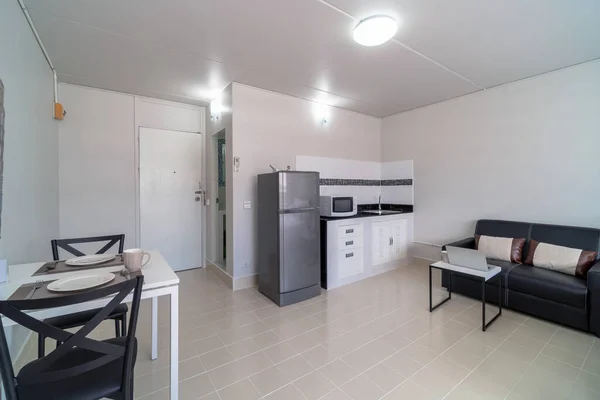
Having access to a kitchen, even a basic one, dramatically reduces food costs by allowing you to prepare some meals rather than eating every meal at restaurants. Vacation rentals, hostels with kitchen facilities, and some hotels offer this option at competitive rates compared to traditional hotel rooms.
Cooking even half your meals can free up budget for splurge experiences or activities that matter most to you.
Like Travel Pug’s content? Follow us on MSN.
Use Apps for Last-Minute Deals

Restaurant reservation apps, hotel booking platforms, and activity websites often offer significant discounts for same-day or last-minute bookings. This strategy works best when you have flexible schedules and can make spontaneous decisions about dining and activities.
The savings can be substantial since businesses prefer discounted bookings over empty tables or unused capacity.
Explore Free Cultural Events

Most cities host regular free cultural events like outdoor concerts, art gallery openings, festivals, and community celebrations that provide entertainment without cost. Check local event calendars, community bulletin boards, and social media for upcoming free activities during your visit.
These events often showcase local culture more authentically than paid tourist attractions while connecting you with community life.
Walk Whenever Possible

Walking not only saves transportation costs but also leads to unexpected discoveries and a deeper understanding of neighborhoods and city layout. Many attractions that seem far apart on maps are actually within reasonable walking distance, especially in compact city centers.
Plus, walking helps you stumble upon local shops, interesting architecture, and street life that you miss when using faster transportation methods.
Like Travel Pug’s content? Follow us on MSN.
Buy Alcohol at Stores Rather Than Bars

Purchasing beverages at grocery stores or liquor shops costs a fraction of bar and restaurant prices, especially in expensive destinations where alcohol markup can be extreme. Many accommodations let you enjoy your own drinks and having beverages available for evening relaxation saves money, while providing flexibility.
This strategy works particularly well for wine and local specialties that you want to try without paying premium prices.
Use Free Wi-Fi and Avoid Roaming Charges
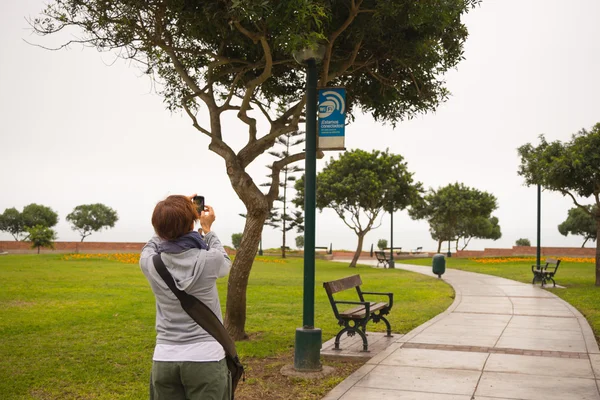
Connecting to free Wi-Fi networks at cafés, libraries, and public spaces eliminates expensive international roaming charges while keeping you connected. Download offline maps, translation apps, and city guides before your trip to reduce data needs when Wi-Fi isn’t available.
Many cities now offer free public Wi-Fi in tourist areas, making it easier to stay connected without paying for expensive international data plans.
Visit Museums on Free Days

Most major museums offer free admission days or discounted evening hours that can save significant money, especially for families or those planning to visit multiple institutions. Research these schedules ahead of time since free days often coincide with local holidays or specific days of the week.
The experience is the same as paid admission—you just need to plan your itinerary around these promotional schedules.
Like Travel Pug’s content? Follow us on MSN.
Pack Smart to Avoid Extra Fees

Airlines charge substantial fees for overweight luggage, extra bags, and oversized items, costs that can exceed your accommodation budget if you’re not careful. Packing efficiently with versatile clothing and essential items not only helps you avoid these fees but also makes travel easier.
Weigh your luggage before leaving home and leave room for souvenirs by packing lighter initially, rather than dealing with expensive shipping costs later.
Take Advantage of Happy Hour Specials
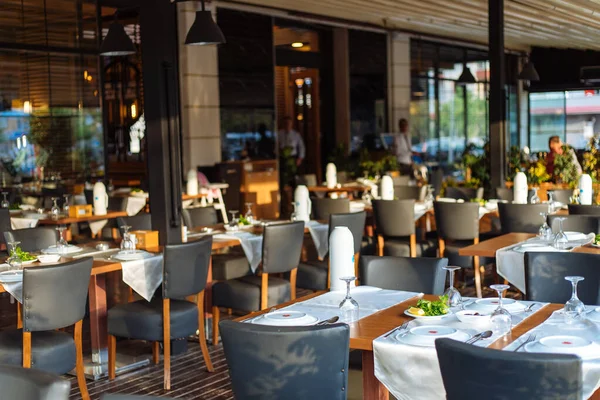
Many restaurants and bars offer happy hour discounts that can make dining at nicer establishments affordable, especially in expensive cities where regular prices might be prohibitive. These specials often include both drinks and food at reduced prices during off-peak hours.
The key is timing your meals around these promotions rather than eating at traditional meal times when prices are highest.
Use Bike Share Programs
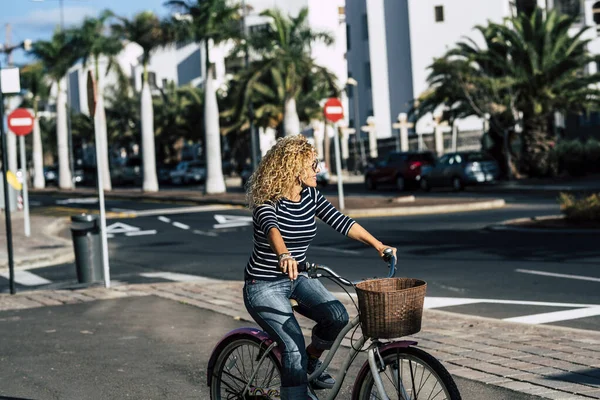
Bike sharing systems in many cities provide affordable transportation that’s often faster than public transit for short distances while giving you exercise and flexibility. Daily or weekly bike share passes cost less than multiple taxi rides and let you explore at your own pace.
This option works particularly well in bike-friendly cities where cycling infrastructure makes it safe and convenient to get around on two wheels.
Like Travel Pug’s content? Follow us on MSN.
Research Free Attractions and Viewpoints
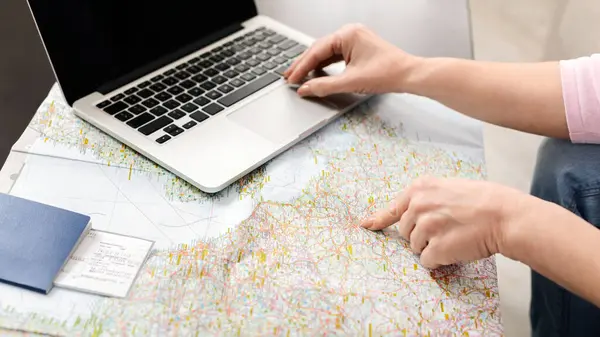
Every expensive destination has free attractions, scenic viewpoints, and interesting neighborhoods that provide memorable experiences without admission costs. Parks, beaches, architectural landmarks, and observation decks often rival paid attractions for photo opportunities and cultural immersion.
Spending time researching these free options before your trip helps you create a balanced itinerary that includes both splurge experiences and budget-friendly exploration.
Smart Spending Creates Lasting Memories

The most successful budget travelers understand that cutting costs strategically allows them to spend money on experiences that truly matter rather than defaulting to expensive options out of convenience or lack of research.
These travelers often discover that some of their most memorable moments come from the authentic experiences they find while seeking budget-friendly alternatives to tourist traps.
What begins as necessity-driven research into local markets, neighborhood restaurants, and community events often leads to deeper cultural connections and more satisfying travel experiences than expensive, pre-packaged tourist activities.
More from Travel Pug

- 20 Best Beach Towns in the Carolinas
- 13 Destinations Where Tourists Regularly Regret Their Trip
- 20 Things You Actually Get in First Class
- 20 Small Airports With Aviation Museums
- 20 Places in the U.S. That Are Perfect for a Reset Trip
Like Travel Pug’s content? Follow us on MSN.
